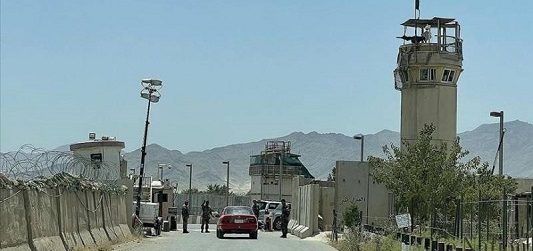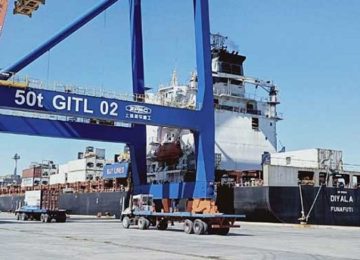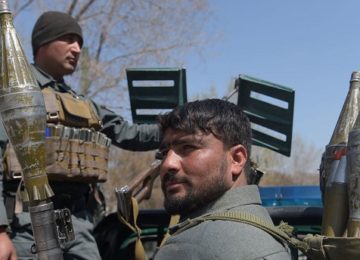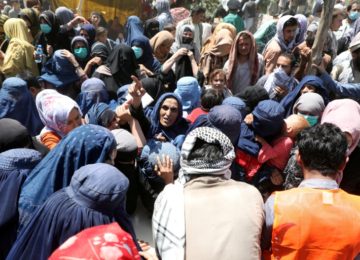September 16, 2021
Pakistan remains the largest trading partner of Afghanistan, with huge bilateral and transit trade engagements, and Afghanistan is the third largest destination for Pakistan’s exports, hence, the bilateral and transit trade is highly significant for both the countries. Though the trade volume between Pakistan and Afghanistan dropped during the last decade from $1.5 – $2 billion to $754 million in 2020, due to tense relations between former Kabul governments and Islamabad, trading accusations of providing a haven to terrorists, it slightly improved in the current April – July period to around $870 million due to the current government’s initiatives, especially after Prime Minster Imran Khan’s visit to Kabul last November, according to the Commerce Ministry data.
With the Taliban takeover of Kabul on August 15, 2021, the future of bilateral and transit trade activities between Afghanistan and Pakistan was uncertain, as the rest of the institutions were collapsing due the lack of governance in Kabul.
Surprisingly, Pak-Afghan trade kept on surging in the face of Afghanistan’s increasing instability. Center for Research and Security Studies (CRSS) conducted a field survey at the Torkham border crossing point on August 17, 2021 to observe the on-ground situation of trade and commerce. The border officials reported that within few hours of the former Afghan government’s border staff fleeing, and Taliban representatives taking over the border crossing points, the movement and transport of trade goods across the border was restored. The Taliban were resolute to eliminate the bureaucratic hindrances deterring Pak-Afghan trade and took key initiatives to make the trade swift and fluent. Figures from Pakistan’s customs showed the number of trucks moving across all border points reached 1,123 on August 17 from 475 on August 15, the Dawn newspaper reported.
Moreover, a Pakistani customs official at the Torkham border said trade has increased in the last few days. “Since earlier August, we observed that most trucks were going back to Afghanistan empty to bring vegetables, fruits, and minerals but now they are taking goods from Pakistan as well. We are facilitating these trucks and want to clear as soon as possible but due to lack of parking facilities on the other side of the border, these trucks are waiting here” he said. He further added that, “The number of trucks crossing increased from 100 to 150 to 300 to 400.”
Local drivers also expressed satisfaction over the new border arrangements and management stating that the situation has changed since the Taliban seized areas along the Torkham border and now they were not paying bribes for permission to pass.
“Earlier, the Afghan officials at the border and also at different check posts demanded bribes ranging between 10,000 to 20,000 Pakistani rupees ($60 to $120) to allow our vehicles in their respective areas,” said Abdullah, a truck driver from Khyber district, a bordering district with Afghanistan.
“Now, in last 20 days, no one has asked me to pay a bribe at the border or any check post,” he added.
The stats, official statements, and the on-ground situation shows that trade ties between Pakistan and Afghanistan are likely to strengthen under the Taliban rule. In an interview with CRSS, Mr. Zia ul Haq Sarhadi, convener Federation of Pakistan Chamber of Commerce and Industry (FPCCI) Standing Committee on Railways and a senior representative of Pak Afghan Joint Chamber of Commerce and Industry (PAJCCI), stated that the future of trade with Afghanistan is expected to be good as the new Taliban are pro-Pakistan. He also emphasized the importance of having Afghan and Taliban stakeholders on board while framing any trade arrangements between the two countries, as they are well aware of the on-ground situation and can provide beneficial input in mitigating structural challenges and bureaucratic hindrances.








